Master the somatic skills to help clients regulate, process, and build lasting resilience.
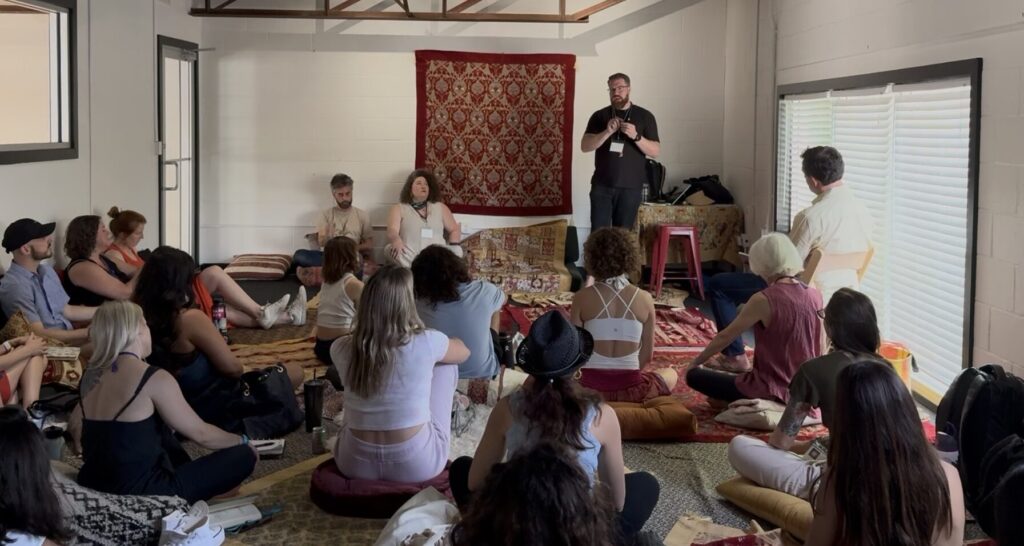
What’s included
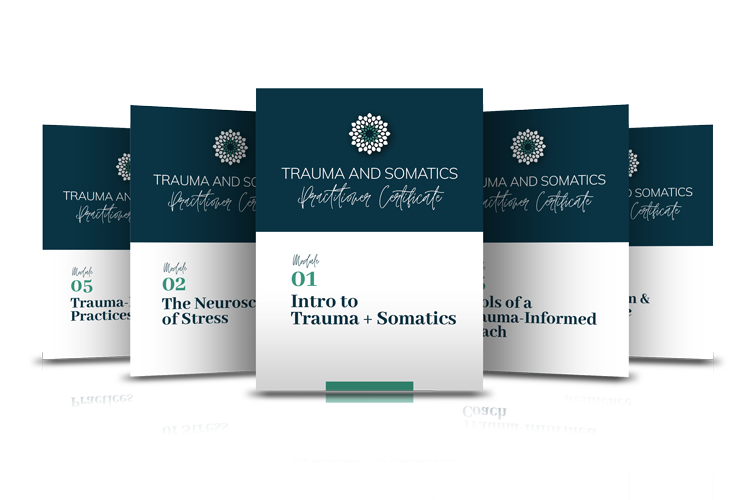
Comprehensive materials for each module with exercises and references.

All recordings, resources, and materials in one place. Lifetime access.

12 weeks of daily practices to develop your somatic awareness.
Built for practitioners like you
Perfect For
Live cohort learning over 12 weeks. This is not a pre-recorded course you watch alone.
3 hours each. Meet Tuesdays for instruction, demonstration, Q&A, and guided practice. Watch Will work with volunteers from the cohort. Gain hands-on experience in a safe container.
Tuesdays 3:00pm - 6:00pm ET
Released bi-weekly on Sundays. Audio lessons, guided somatic meditations, and full-color workbooks. Learn at your own pace between live classes.
7 guided audio practices (3-5 minutes each) to develop your own somatic awareness. Practice grounding, orienting, self-contact, breathwork, tracking, oscillation, and integration.
Built-in breaks between modules give you time to practice, embody the material, and integrate what you're learning before moving forward.
Practice assignments help you apply what you're learning with clients and in your own life. Required for certificate completion.
All recordings, materials, and resources remain available after the cohort ends. Return anytime to refresh your skills.
Complete all modules, attend or watch all classes, submit weekly homework, and score 85%+ on the final quiz to earn your professional certificate documenting 35 hours of training.
Learn from experienced practitioners
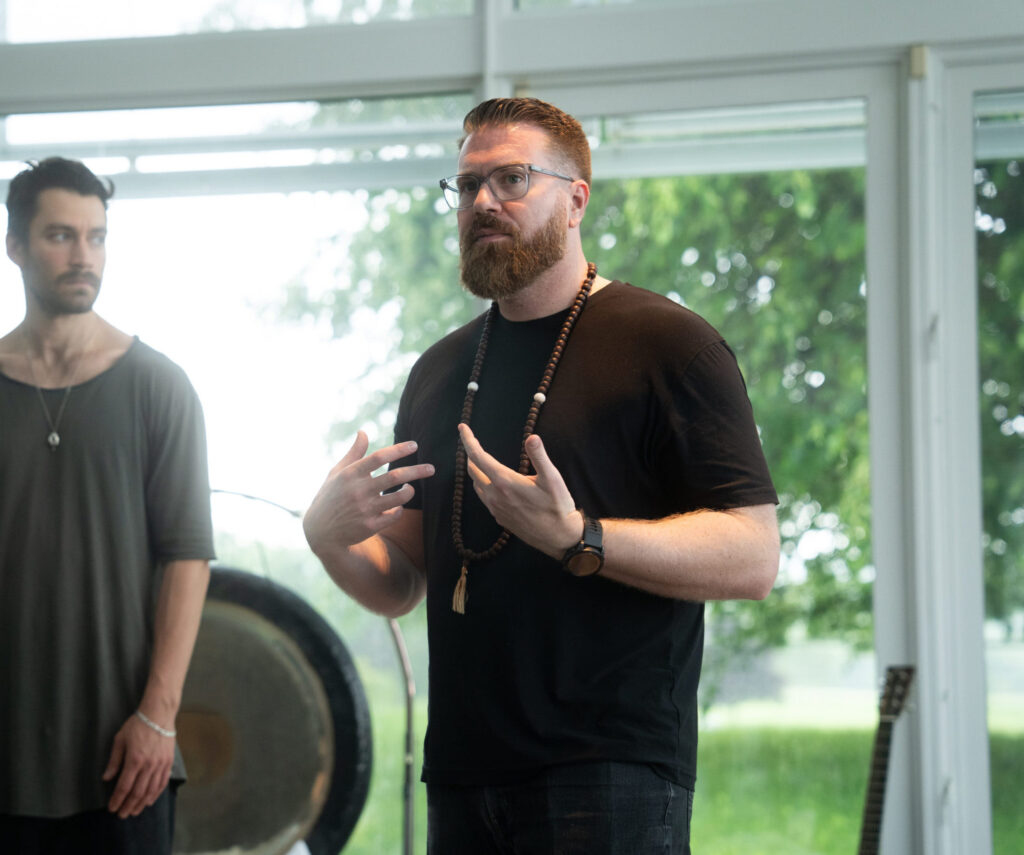
Lead Facilitator
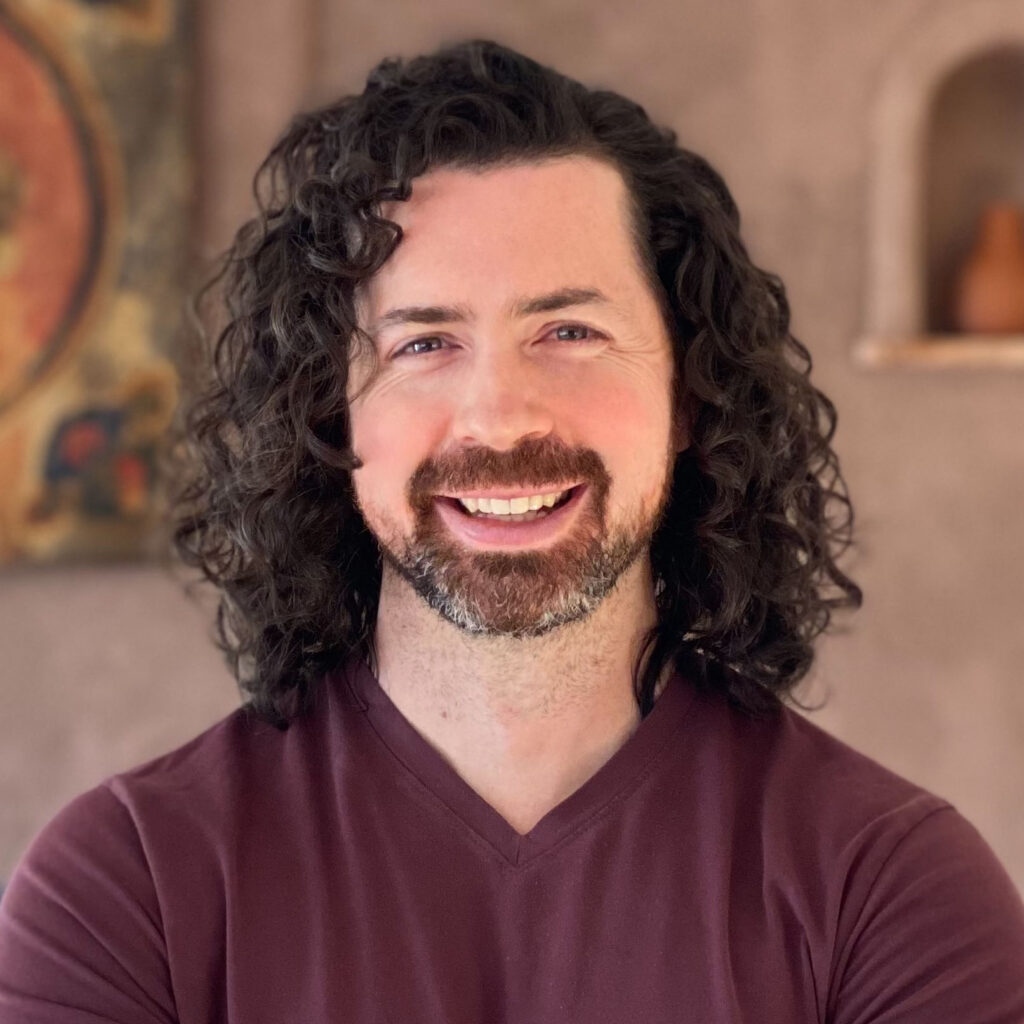
Embodied Leadership & Meditation

Cross-Cultural Somatic Practice
Equine-Assisted SE
What practitioners are saying

Reiki Practitioner & Breathwork Facilitator

Sexuality Educator & Coach
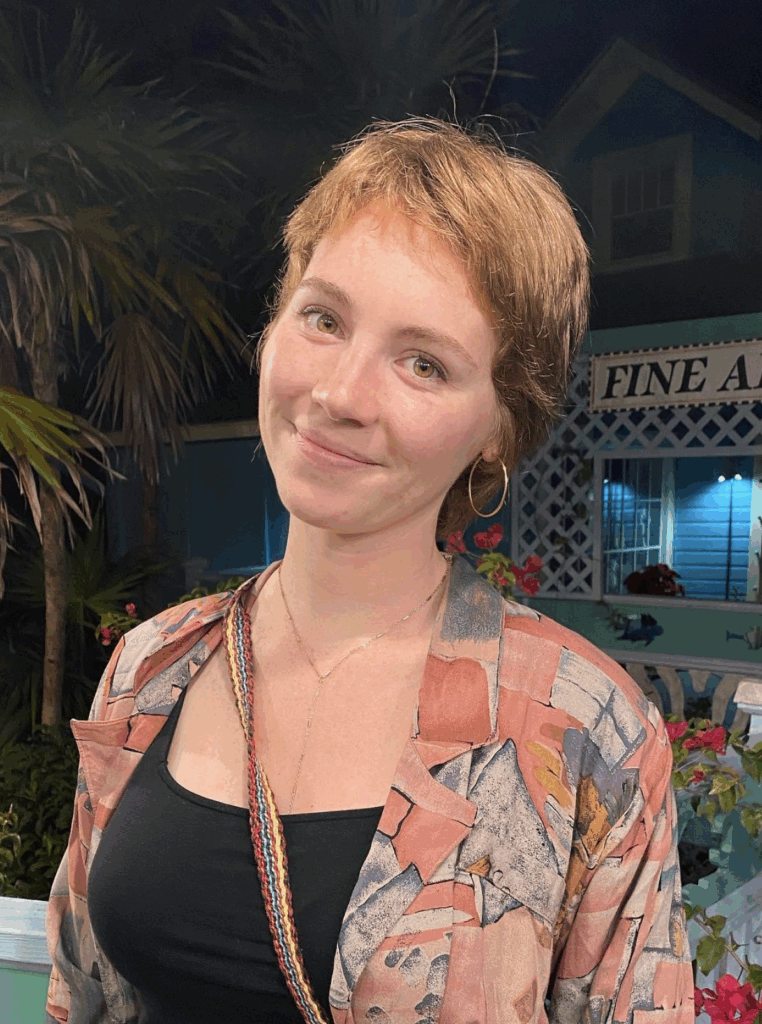
Artist & Space Holder

CEO, The Heart Guy

Space Holder & Mentor

Sex & Love Coach
Natasha Pampin, Somatic Coach
Enroll in the May 2026 cohort
We offer 25% and 50% financial aid for each cohort, plus support for practitioners in developing countries.
May 1, 2026. First live class is May 5, 2026 at 3:00pm US Eastern.
Still have questions? Email us and we’ll answer anything we didn’t cover here.